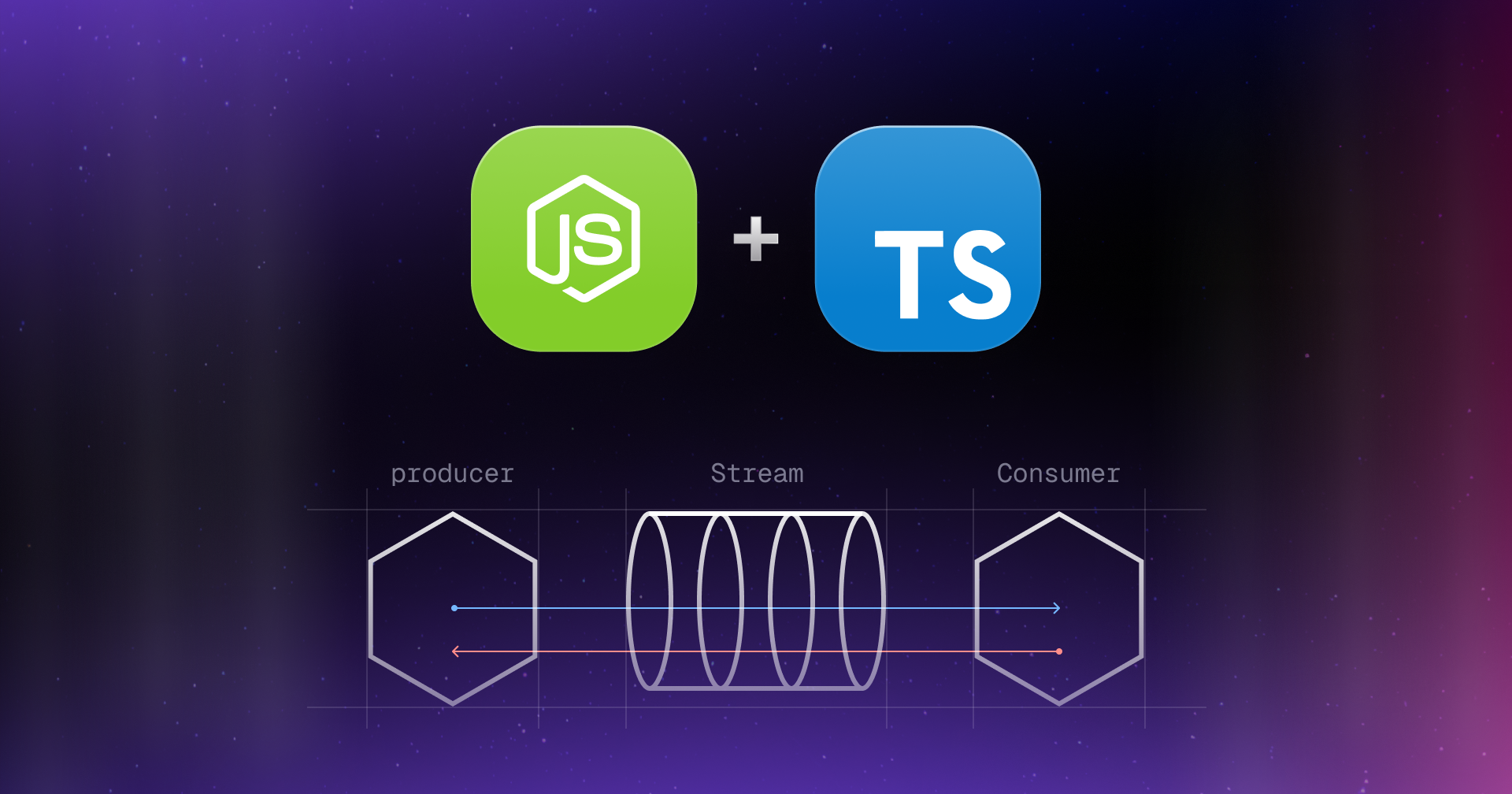
"Node.js streams enable efficient I/O operations by processing data in small chunks, perfect for handling large files without exhausting server resources."
"Pairing Node.js streams with TypeScript enhances safety and readability through strong typing, allowing for better error handling and clearer code structures."
"The four main types of Node.js streamsâReadable, Writable, Duplex, and Transformâserve specific purposes in data handling, enhancing performance and flexibility."
"TypeScriptâs type definitions provide a framework for defining interfacial data flow in Node.js streams, improving code robustness and facilitating error detection."
Node.js streams are crucial for efficiently handling large data operations, processing data incrementally rather than loading it all at once. This is particularly useful for managing large files, network requests, and real-time data, enhancing overall application performance. The integration of TypeScript with Node.js streams brings strong typing that aids in error mitigation, increases code clarity, and provides structured interfaces for data management. The article explains four main stream types: Readable, Writable, Duplex, and Transform, detailing their unique functionalities and offering practical code examples.
Read at Sitepoint
Unable to calculate read time
Collection
[
|
...
]